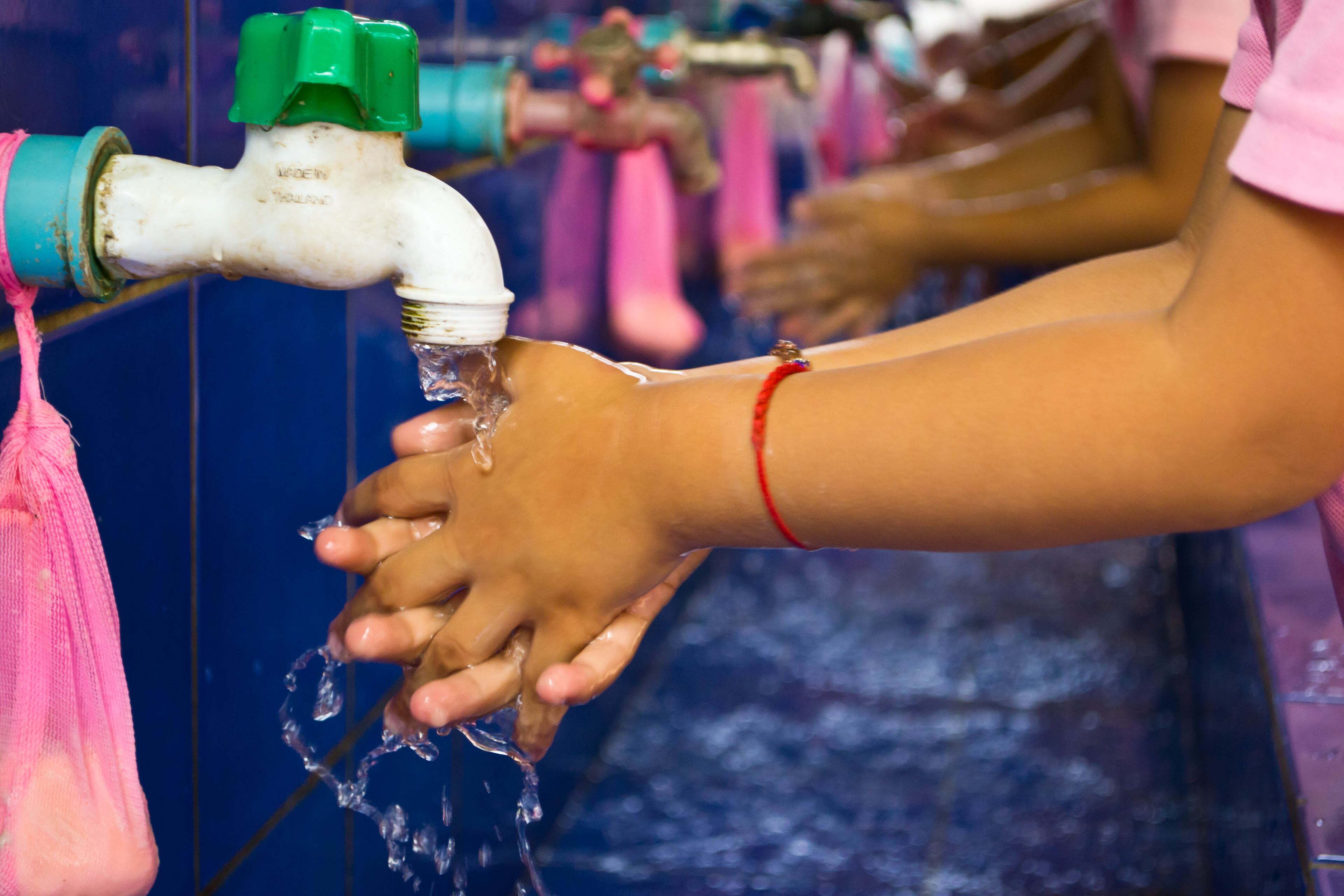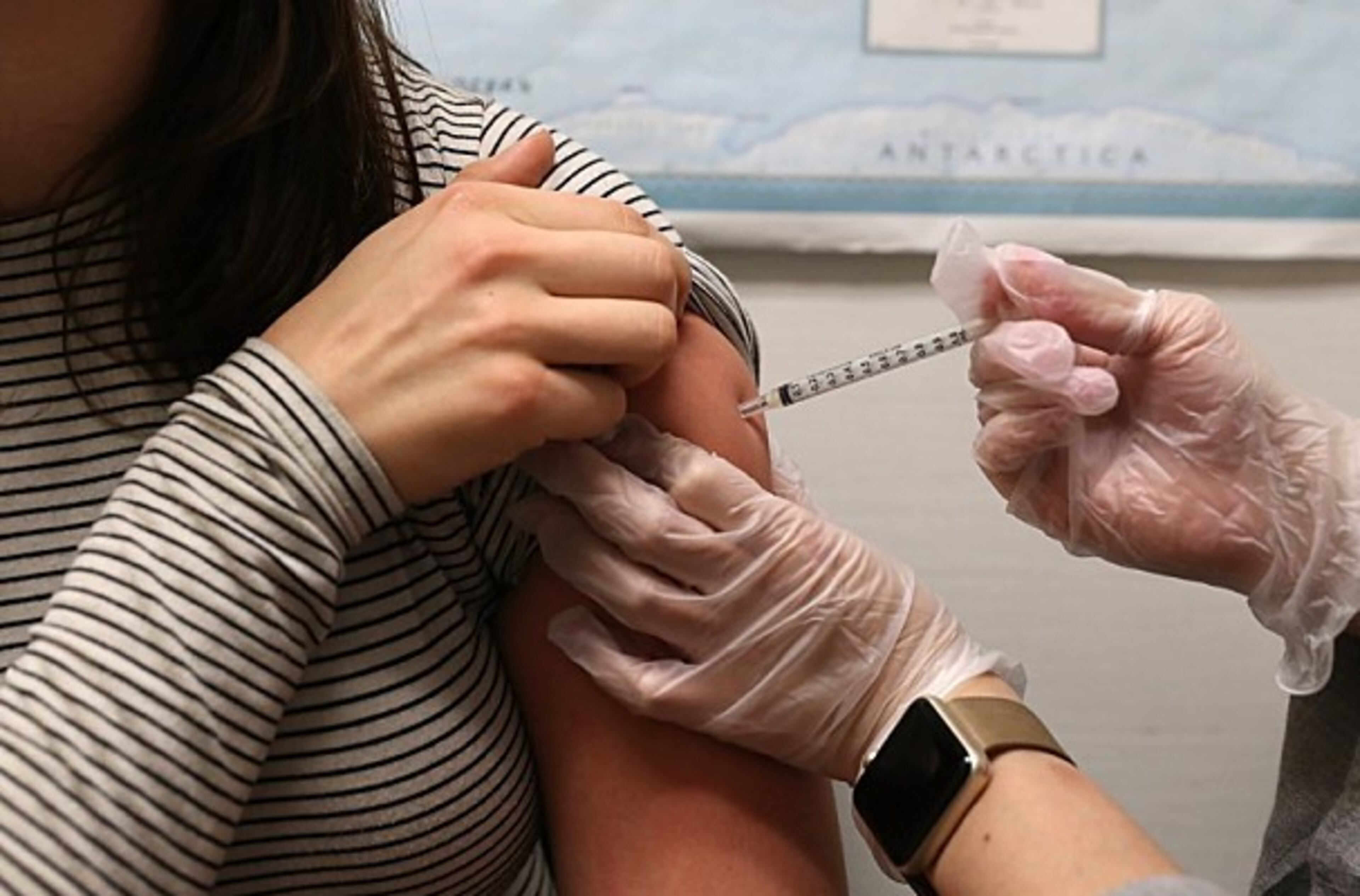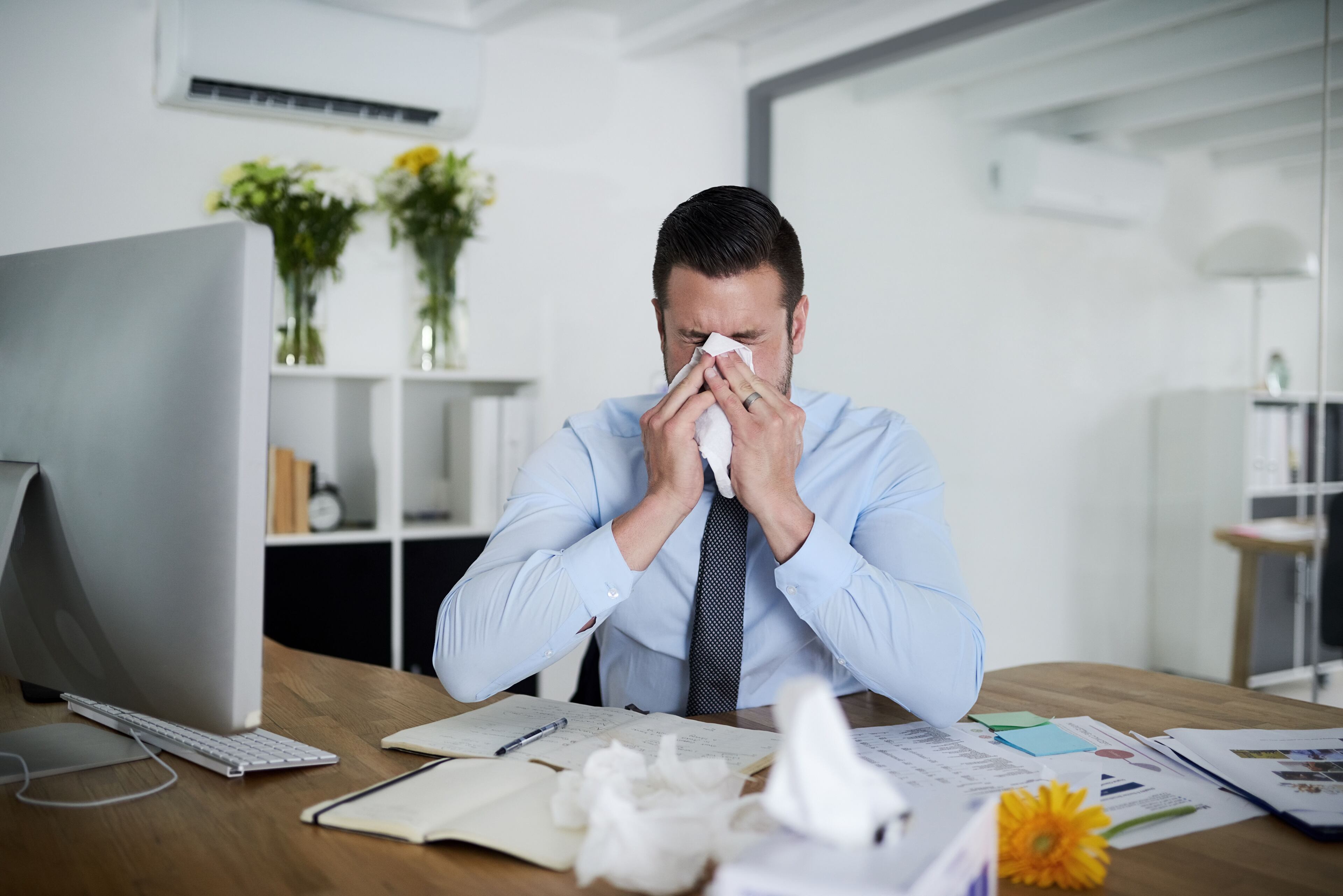How to protect your family from the flu at school, work
The flu season is raging in Georgia and across the country, and showing no signs of letting up.
A 15-year-old student at student at Newnan High School is the first pediatric flu death in Georgia, according to the Coweta County coroner.
The girl, Kira Molina, was the latest victim in a flu season that has caused at least 25 deaths in Georgia, and has crowded local hospital emergency rooms.
Here is some key information from Children's Healthcare of Atlanta to help keep your family healthy and protect your kids from flu symptoms (and while these tips are geared toward children, they also apply to Mom and Dad).

Make hand-hygiene a priority. Before and after eating, after playing on the playground, after using the restroom, after coming home from school, after touching your mouth or nose – hand-hygiene is one of the simplest and most effective ways to stop the spread of germs. Have your child use soap and warm water, and make sure he lathers up for about 20 seconds (or the time it takes to sing the "Happy Birthday" song twice) You can also use an alcohol-based hand sanitizer to keep little hands clean.
Beef up your child's immune system. A strong immune system is a great defense against any type of illness, including the flu. To give your child's immunity a boost, make sure your child gets enough sleep at night (usually between 8-10 hours), eats a well-rounded diet full of fruits and veggies and gets around an hour of physical activity each day.
Steer clear of other sick children as much as possible. When kids are in close quarters (on the bus, on the playground, in the classroom, in the locker room after practice) it's easy to spread germs. And if your child does get sick, keep your child home until he or she is fever-free for at least 24 hours. Also, babies and the elderly are especially susceptible to the flu virus, so avoid any close contact with those populations, too, if your child gets sick.
Keep non-toxic disinfectant handy. Sometimes, as hard as we try, our kids still manage to become little magnets for germs. In addition to making sure their hands stay clean, it's important make sure hard surfaces in your home or classroom stay germ-free as well. During cold and flu season, it's a good idea to regularly disinfect countertops, doorknobs, hard and soft toys, bedsheets, backpacks, lunchboxes, desks and athletic equipment. (This week, CHOA shared a helpful infographic on Facebook about germ-filled surfaces).
MORE: How does flu kill healthy people?
Follow respiratory etiquette. This means teaching your child to cough and sneeze into their elbow instead of their hands, and to follow the hand-hygiene tips mentioned above after disposing of used tissues. While it's important to keep your environment clean, respiratory etiquette is more important when it comes to preventing the transmission of the flu.

It's still not too late to get a flu shot. Everyone 6 months and older should get a flu shot. Making sure that your child and everyone who cares for him/her gets an annual flu shot is one of the best ways to help everyone stay flu-free. The influenza vaccine, which should be given every year to offer the most up-to-date protection, helps your child build up antibodies to the flu virus, protecting him from getting sick. Some children younger than 8 years of age will need two flu shots, 1 month apart, if this is their first year to receive flu vaccine. Please encourage everyone around you to receive a flu immunization, which helps protect them and helps to protect you.
This year's strain is the most severe in a decade.
For kids already showing flu-like symptoms, Children's Healthcare of Atlanta suggests contacting or visiting your primary care physician or pediatrician prior to visiting an Emergency Department unless you feel your need is an emergency. In many cases, the flu can be treated at home unless symptoms are severe. Because the flu is a virus, it needs to run its course, which means lots of TLC and rest. At-home flu care tips include:
Children's ibuprofen or acetaminophen (Advil or Tylenol) can be given to help reduce fever and ease body aches. Remember, aspirin and aspirin-containing products should not be given to children or adolescents who have flu-like symptoms, unless instructed by a physician to be given for other medical reasons.
Offer plenty of fluids to help prevent dehydration -- soft fruits, blended frozen juice drinks, and ice pops can also be given if your child gets tired of water.
Encourage rest and couch time.
A humidifier in your child's room can help break up nasal and chest congestion.
Visit choa.org/flu for more information.

At the office, the CDC makes many of the same key recommendations urging the following:
Employees stay home when they are sick. (It is recommended staying home for at least 24 hours after the fever is gone without the use of fever-reducing medicines, such as acetaminophen. This will help ensure that your fever is truly gone and you are past the point of being contagious); avoiding close contact with sick colleagues, washing your hands frequently, covering your coughs and sneezes and cleaning/disinfecting frequently touched surfaces and objects.


